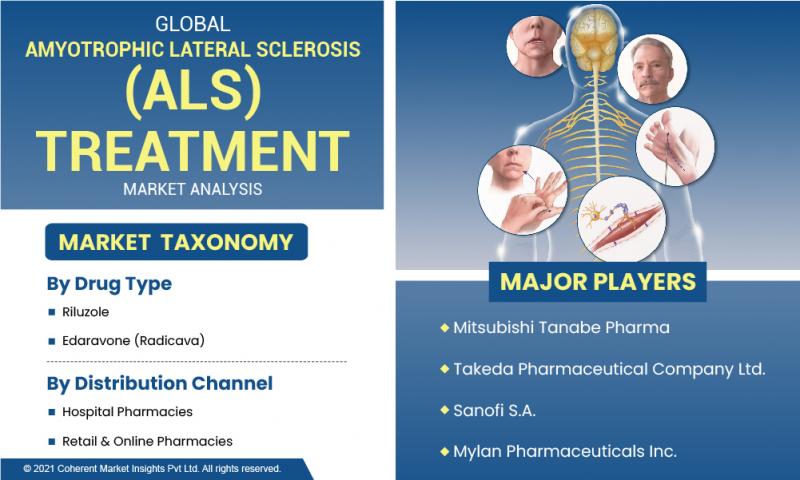Advancements in Amyotrophic Lateral Sclerosis (ALS) Treatment: Promising Therapeutic Strategies and Future Prospects
Amyotrophic Lateral Sclerosis (ALS), also known as Lou Gehrig's disease, is a devastating neurodegenerative disorder that affects the motor neurons in the brain and spinal cord. As ALS progresses, it leads to the gradual loss of muscle control, eventually causing paralysis and, in some cases, respiratory failure. Despite its debilitating nature, recent years have seen significant advancements in ALS treatment, offering hope to patients and their families. This article will explore some of the promising therapeutic strategies and future prospects in the management of ALS.
One of the most significant developments in ALS treatment is the approval of the drug riluzole by the U.S. Food and Drug Administration (FDA). Riluzole works by reducing the release of glutamate, a neurotransmitter that can cause damage to motor neurons in excessive amounts. While not a cure, studies have shown that riluzole can extend the survival of ALS patients by several months, making it the first disease-modifying therapy for ALS. However, researchers continue to seek more effective drugs to target other pathological processes involved in the disease.
Another promising approach is the use of stem cell therapy. Stem cells have the unique ability to differentiate into various cell types, and scientists are exploring their potential in regenerating damaged motor neurons in ALS patients. While still in the experimental stage, initial studies in animal models and some early clinical trials have shown promising results. However, more research is needed to ensure the safety and long-term efficacy of this approach.
Gene therapy is also emerging as a potential game-changer in ALS treatment. Mutations in various genes, such as C9orf72 and SOD1, have been linked to familial ALS cases. Gene therapy aims to correct or replace faulty genes to halt the progression of the disease. Although still in its infancy, early experiments with gene therapy have shown encouraging outcomes in animal models, providing hope for targeted treatments in the future.
In recent years, researchers have also started to focus on the gut-brain axis in ALS. Emerging evidence suggests that alterations in the gut microbiota may influence disease progression. This has led to investigations into the potential benefits of microbiota-modulating interventions, such as probiotics and fecal microbiota transplants. While the exact mechanisms are not fully understood, these strategies have shown promise in preclinical studies, offering a novel perspective in ALS research.
Advancements in technology have also contributed to ALS treatment progress. Assistive devices, such as eye-tracking communication systems and brain-computer interfaces, have greatly improved the quality of life for patients with severe motor impairment. These technologies allow patients to communicate and interact with their environment more effectively, providing increased independence and autonomy.
Moreover, ongoing research is exploring the role of inflammation in ALS pathogenesis, leading to the investigation of anti-inflammatory drugs as potential therapeutic agents. Immune-modulating medications have shown some positive effects in preclinical studies and early-phase clinical trials, offering a glimmer of hope for slowing the disease's progression.
As with any field of medical research, clinical trials play a crucial role in testing and validating new treatment strategies. Collaborative efforts between academia, pharmaceutical companies, and patient advocacy groups have facilitated the recruitment of participants and accelerated the development of potential treatments.
While advancements in ALS treatment have come a long way, challenges remain. ALS is a complex and multifactorial disease, and finding a definitive cure remains elusive. Continued support for research, public awareness, and patient care is vital to sustain the momentum and drive further progress in ALS treatment.
In conclusion, the landscape of ALS treatment has evolved significantly over the past years, with promising therapeutic strategies on the horizon. From disease-modifying drugs to stem cell therapy, gene editing, gut-brain axis modulation, and assistive technologies, researchers are continuously pushing the boundaries of science and medicine to find effective treatments for ALS. While there is still much work to be done, these advancements offer hope to ALS patients and their families, bringing us closer to a future where this devastating disease may be more effectively managed, and one day, hopefully cured.
Top of Form
